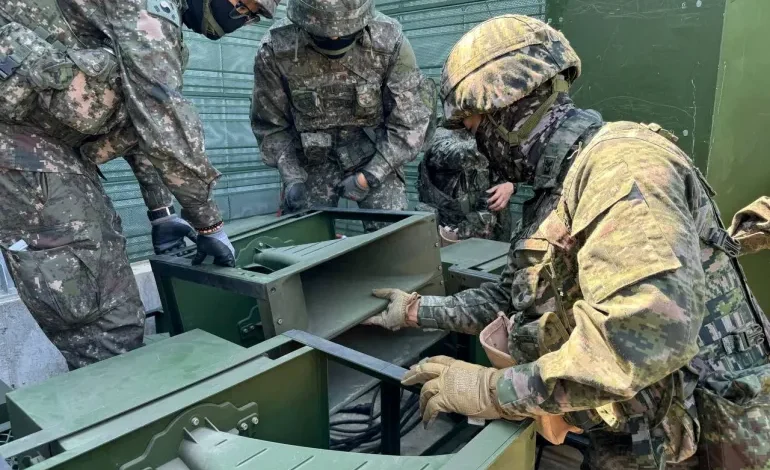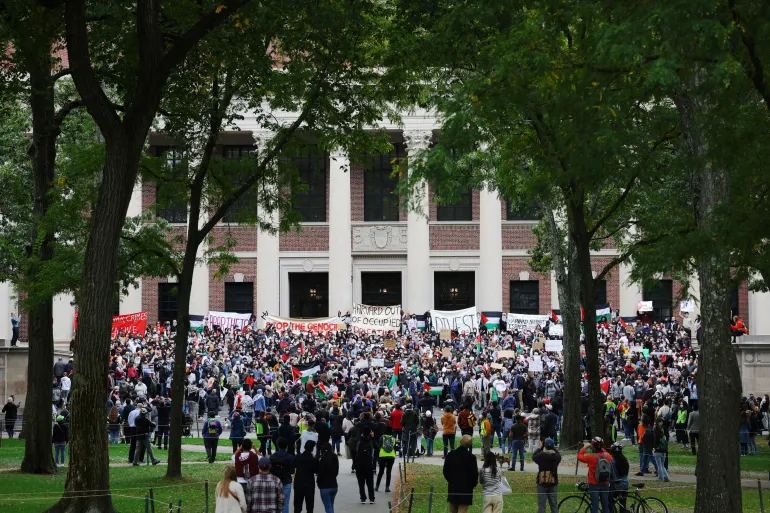South Korea Turns Down the Volume: Loudspeakers Along North Korea Border Come Down in Peace Gesture

In a symbolic step toward cooling tensions on the Korean Peninsula, South Korea has started dismantling its propaganda loudspeakers along the border with North Korea. The move, announced Monday by Seoul’s Defense Ministry, is part of a broader diplomatic push from new President Lee Jae-myung, who’s hoping to reset relations with Pyongyang.
These aren’t just any speakers — they’ve been used to blast K-pop hits and anti-regime messages across the Demilitarized Zone (DMZ), in a Cold War-style psychological operation designed to rattle the North. At full blast, the audio can travel over 12 miles into North Korean territory.
But Seoul’s new liberal leadership decided to hit pause on the border broadcasts back in June, shortly after President Lee took office. Now they’re going a step further by physically removing the equipment, calling it a “practical measure to ease tensions” without weakening military readiness.
The move wasn’t coordinated with Pyongyang, and North Korea hasn’t publicly responded. That’s not too surprising — the regime, especially under Kim Jong Un, has grown increasingly sensitive to outside criticism, particularly anything that leaks in from the pop-culture-saturated South.
Still, recent signals from Pyongyang haven’t exactly screamed reconciliation. Kim Yo Jong, the North Korean leader’s powerful sister, shut down Seoul’s outreach efforts last week, accusing the South of being too cozy with the US and no different from the previous hard-line administration. Her blunt message? Don’t bother calling — we’re not picking up.
The speaker standoff has its roots in a bizarre tit-for-tat feud that reignited in 2024. After North Korea floated hundreds of trash-filled balloons over the border, South Korea hit back by resuming its loudspeaker broadcasts, which had been silent for years. The messaging wasn’t subtle: news about democracy, life in the South, and upbeat K-pop tunes were piped directly to a country where listening to foreign media can land you in a prison camp.
President Lee, who took office after his predecessor was ousted, campaigned on mending ties with the North — a sharp pivot from the hawkish policies of ex-President Yoon Suk-yeol, who emphasized military strength and deeper ties with the US and Japan.
While pulling down the speakers is a tangible gesture, the road to actual dialogue remains foggy. North Korea is currently deepening ties with Russia, staying busy with arms deals and diplomatic handshakes over the Ukraine war — and showing little interest in re-engaging with Seoul or Washington anytime soon.
Still, Seoul is betting that less noise might be the first step toward a better signal.
ABC News, Al Jazeera, Euronews, the Guardian, and the Associated Press contributed to this report.









The latest news in your social feeds
Subscribe to our social media platforms to stay tuned